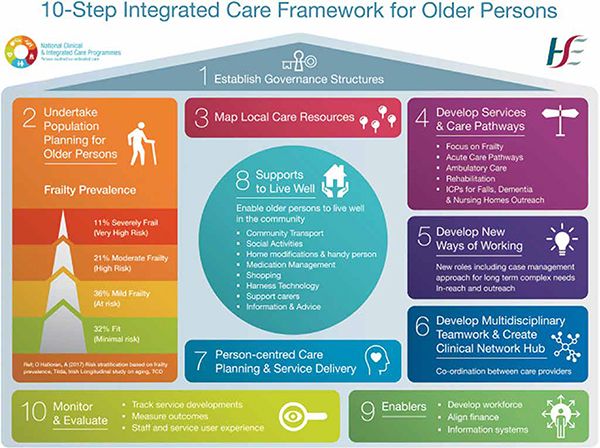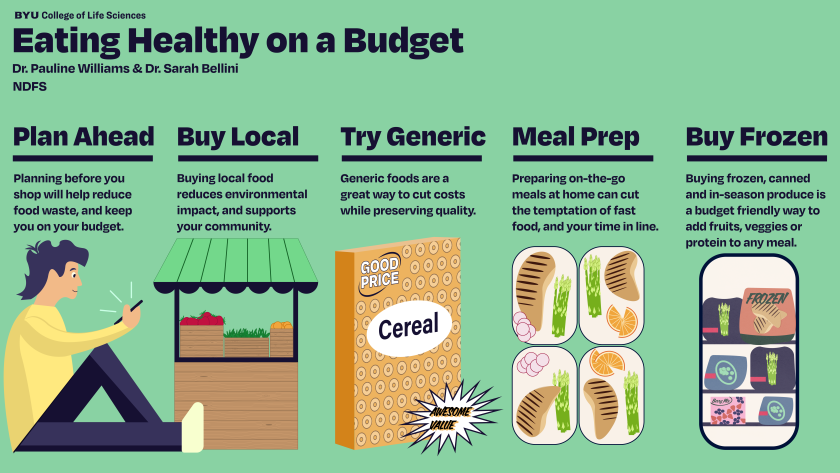
The Role of Nutrition in Senior Health
- 0
As we age, our nutritional needs change. Proper nutrition is essential for maintaining good health and quality of life in seniors. In this article, we will explore the importance of nutrition in senior health and provide tips on how to ensure seniors are getting the nutrients they need.
Why Nutrition is Important for Seniors
Good nutrition is crucial for seniors for a variety of reasons. As we age, our bodies require fewer calories, but the same or even greater amounts of vitamins and minerals. Proper nutrition can help prevent or manage chronic diseases such as heart disease, diabetes, and osteoporosis. It can also help maintain cognitive function, muscle mass, and bone density.
Key Nutrients for Seniors
Seniors should focus on getting enough of the following nutrients:
Calcium and Vitamin D for bone health
Omega-3 fatty acids for heart health
Fiber for digestive health
Protein for muscle strength
Vitamin B12 for energy production
Challenges Seniors Face with Nutrition
There are several challenges that seniors may face when it comes to maintaining a healthy diet. These include reduced appetite, difficulty chewing or swallowing, medication interactions, and limited access to fresh, nutritious foods. It is important for caregivers to be aware of these challenges and work with seniors to find solutions.
Tips for Improving Senior Nutrition
Here are some tips for ensuring seniors are getting the nutrients they need:
Encourage a variety of fruits and vegetables
Include lean proteins such as poultry, fish, and beans
Choose whole grains over refined grains
Limit added sugars and unhealthy fats
Stay hydrated by drinking plenty of water
Conclusion
Nutrition plays a vital role in the health and well-being of seniors. By focusing on key nutrients, understanding the challenges seniors face, and implementing strategies to improve nutrition, we can help seniors live healthier, happier lives. Remember, it’s never too late to start making positive changes to your diet!

